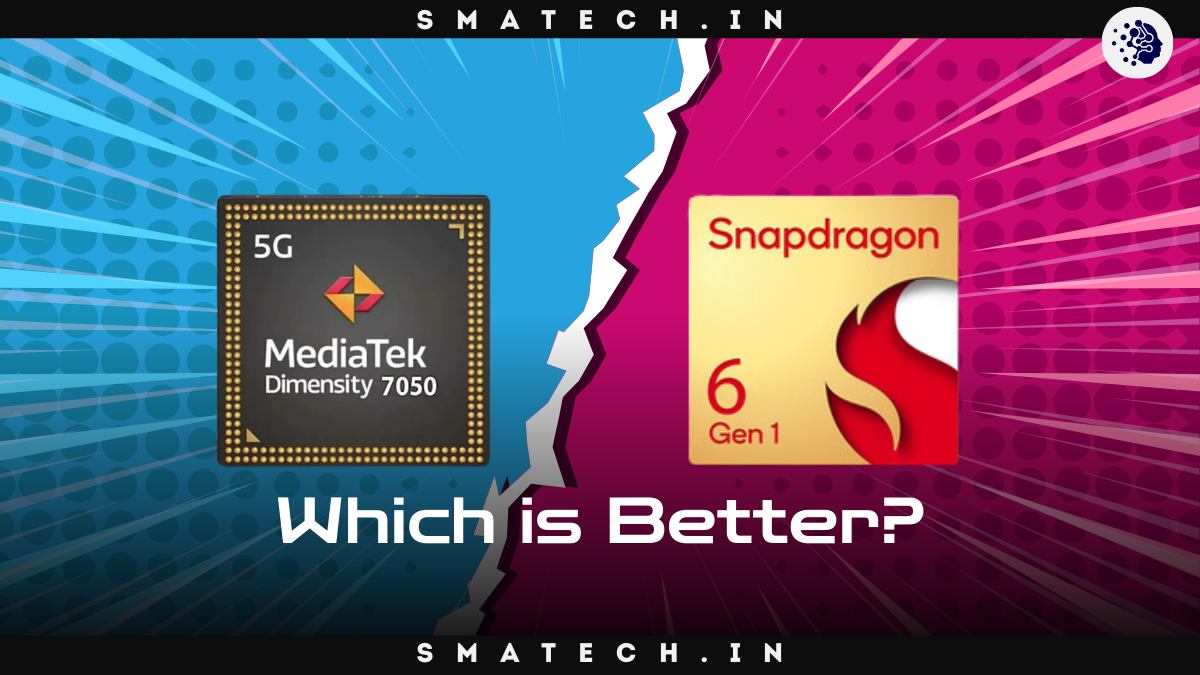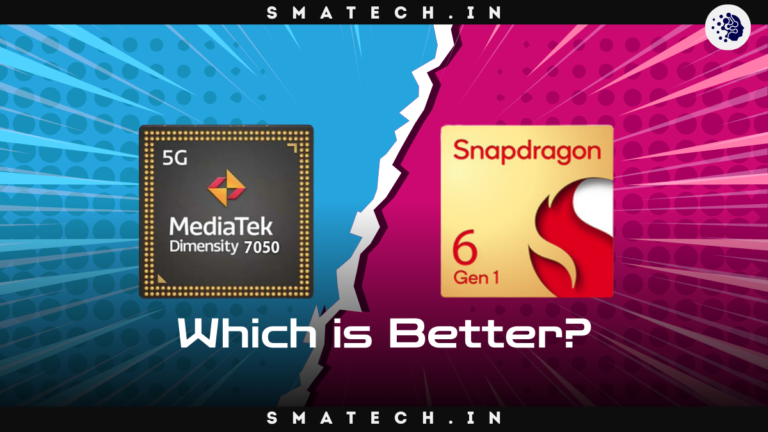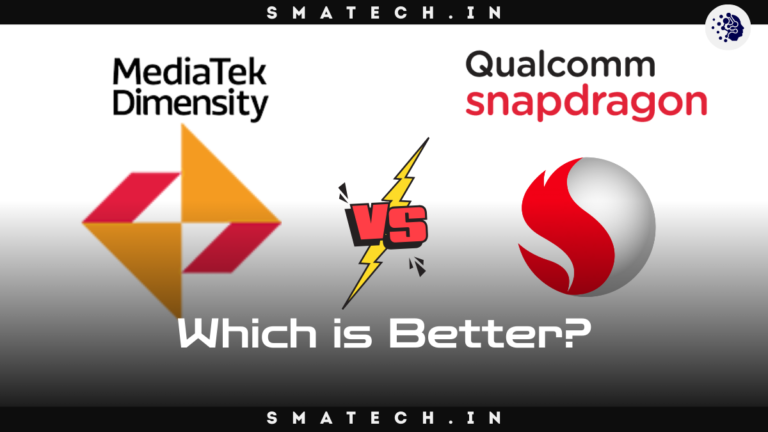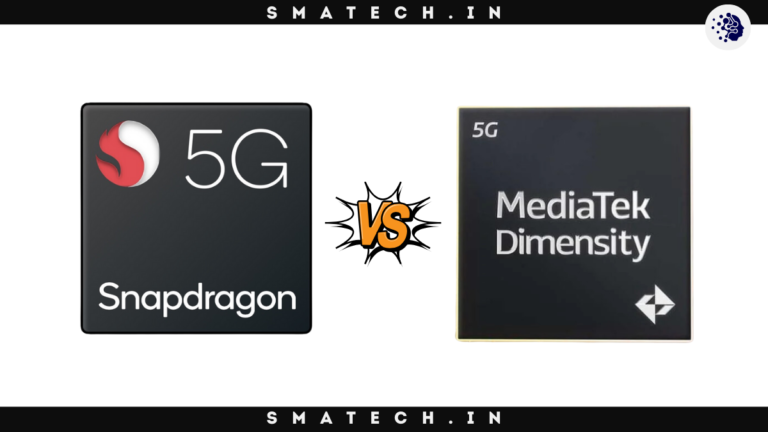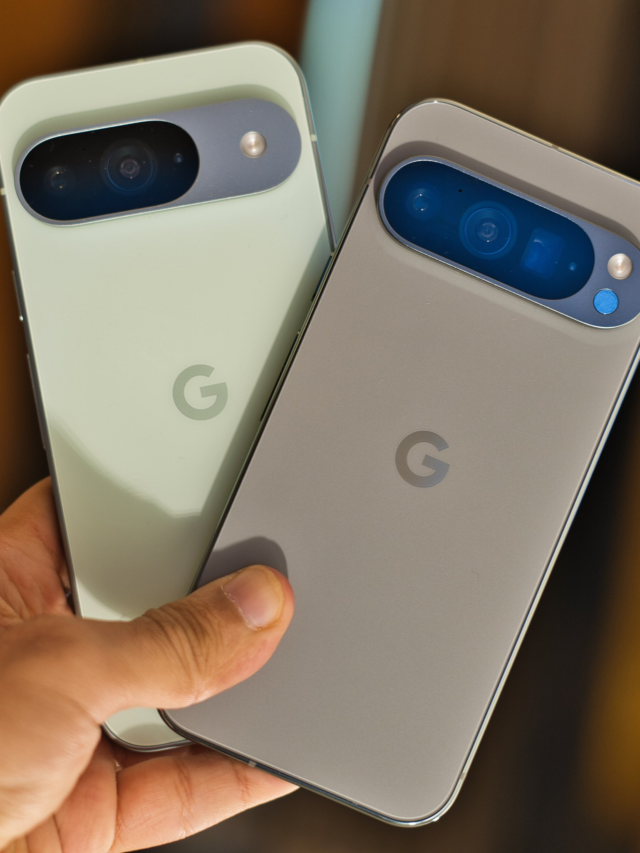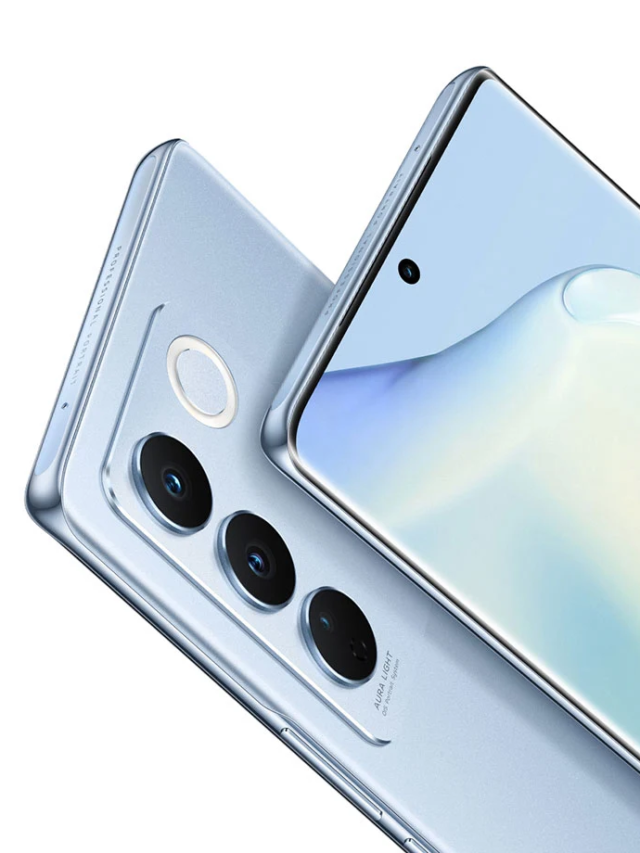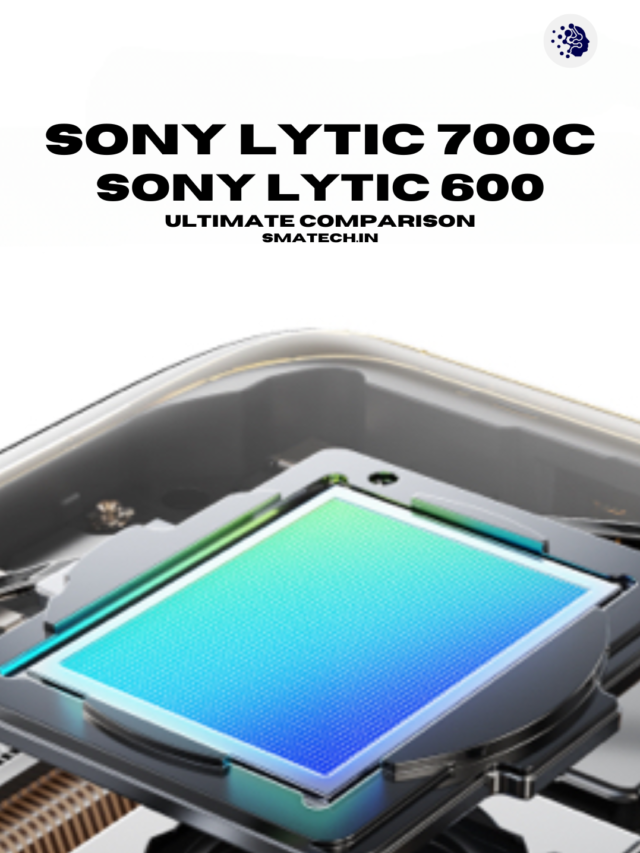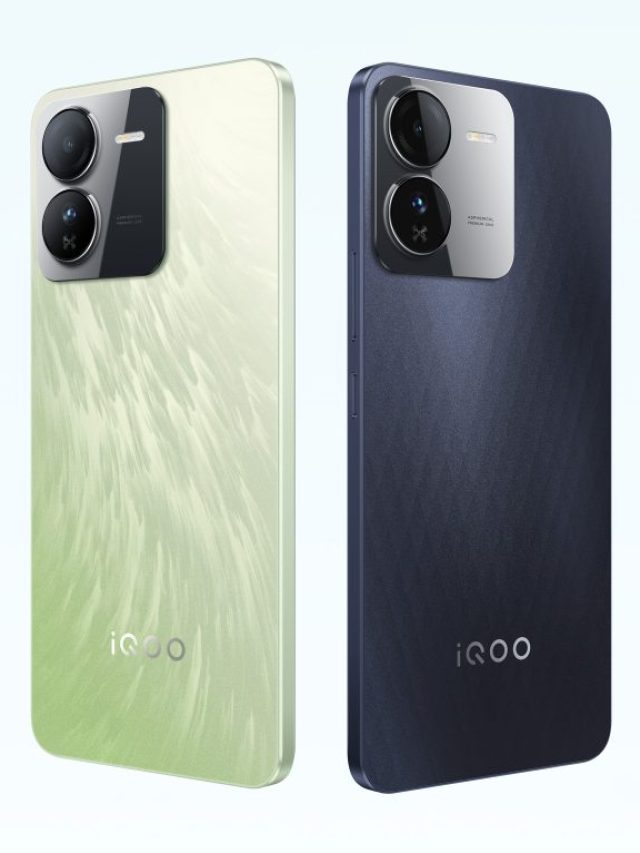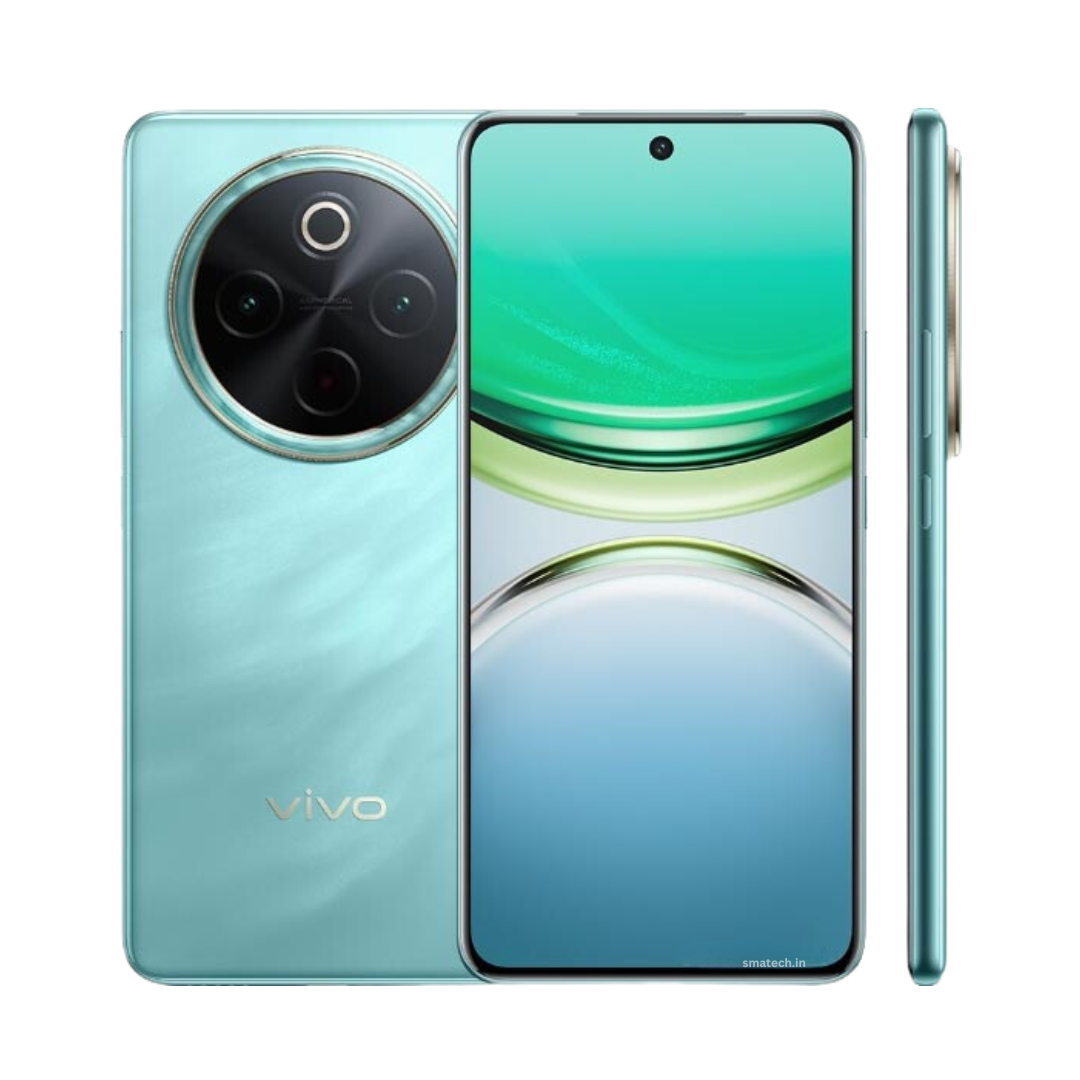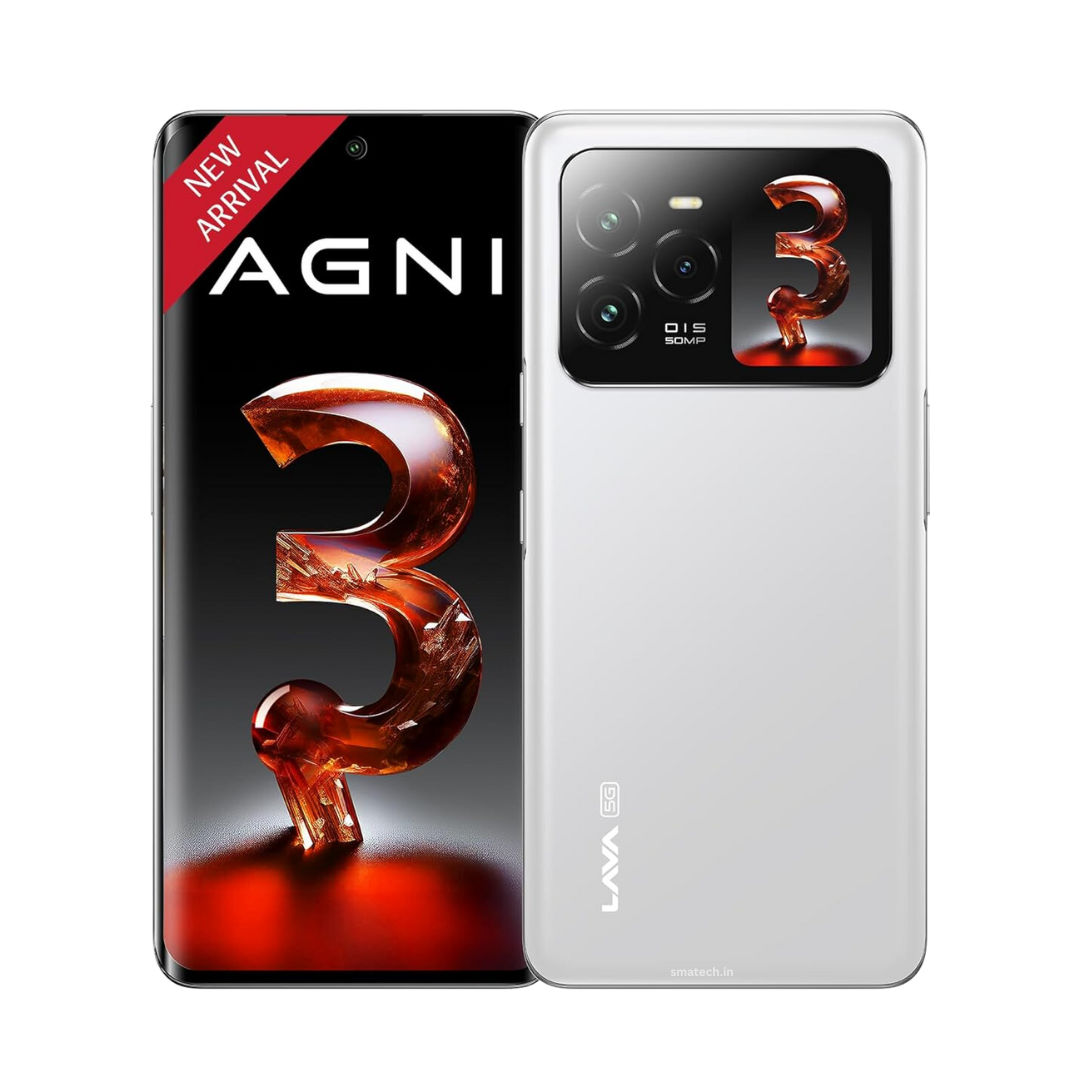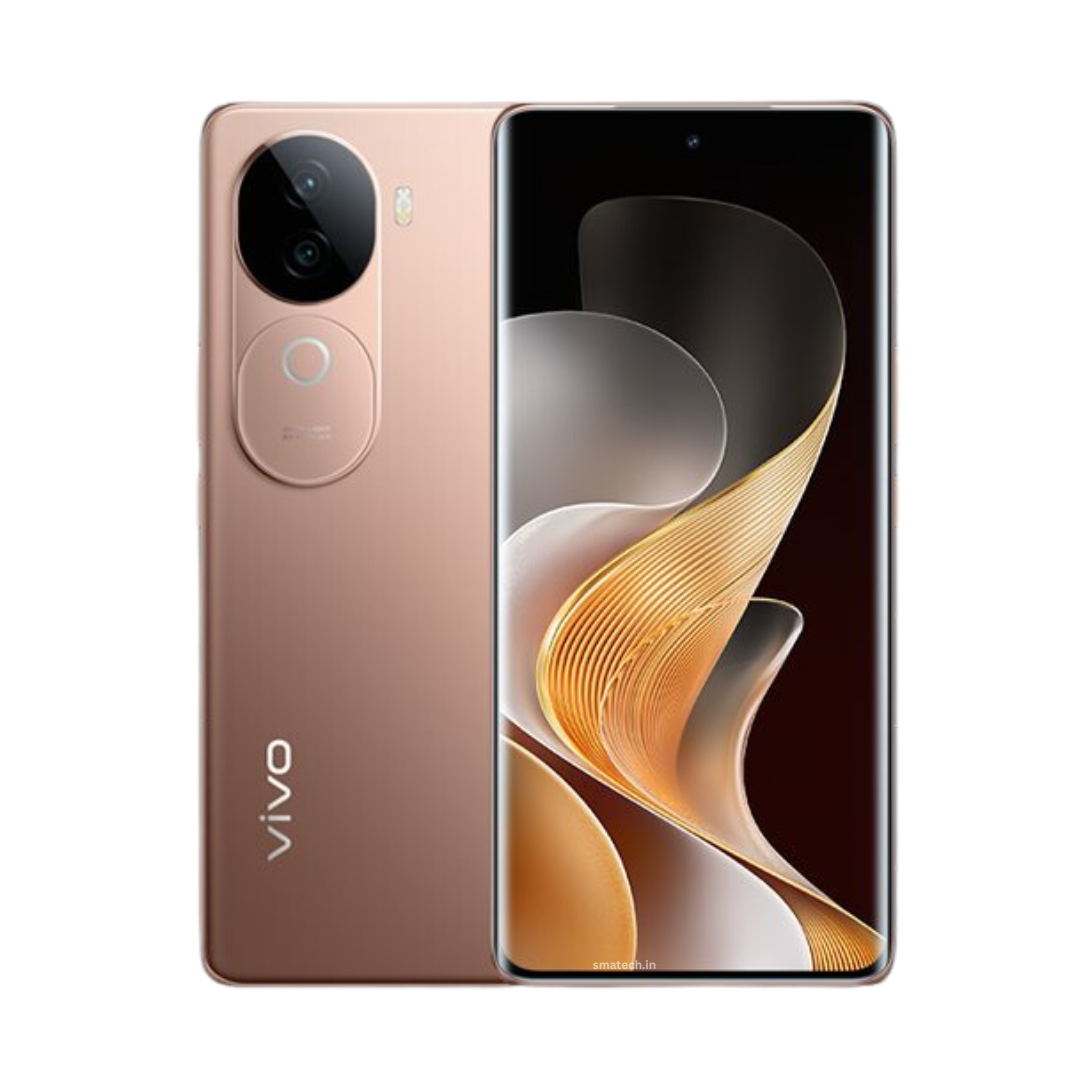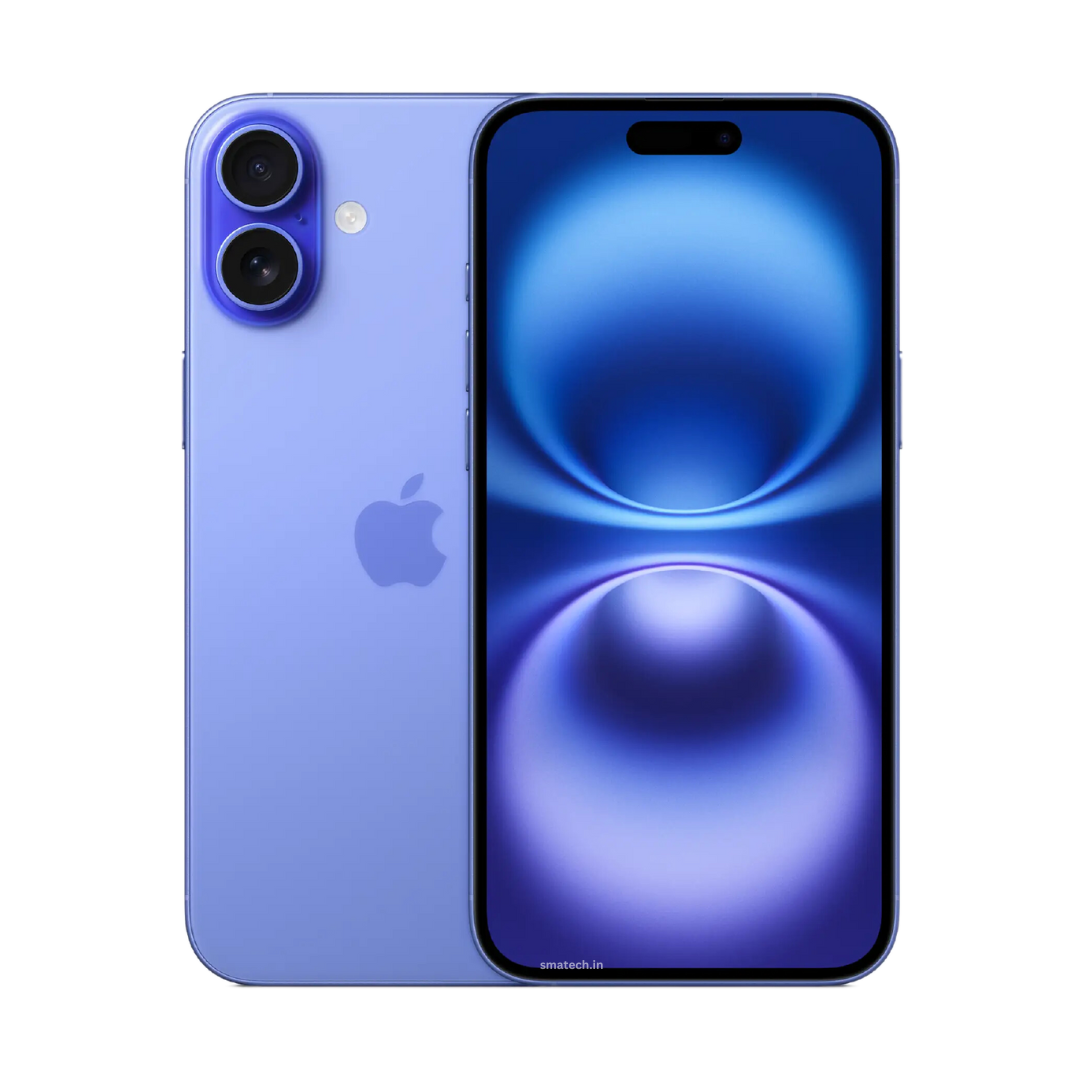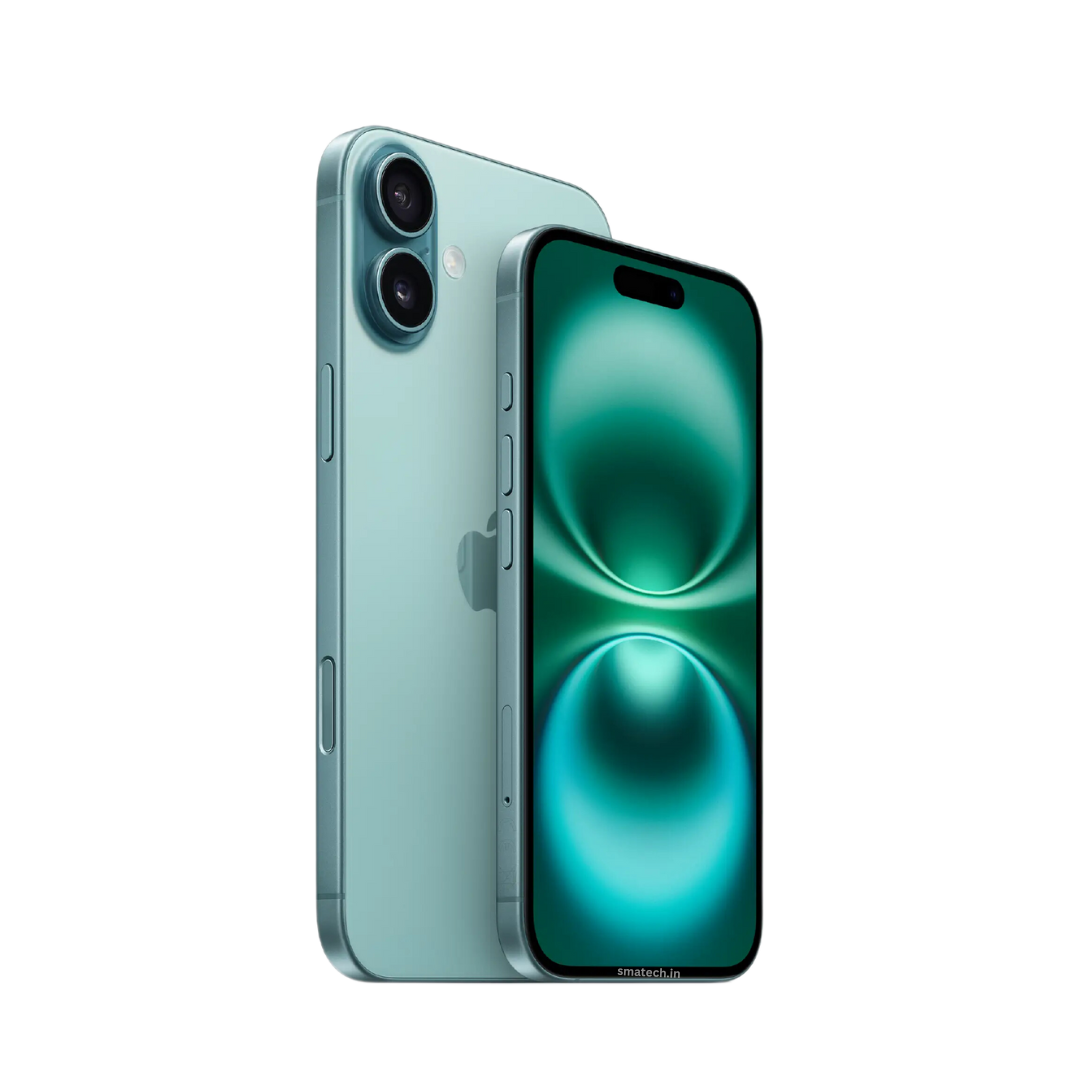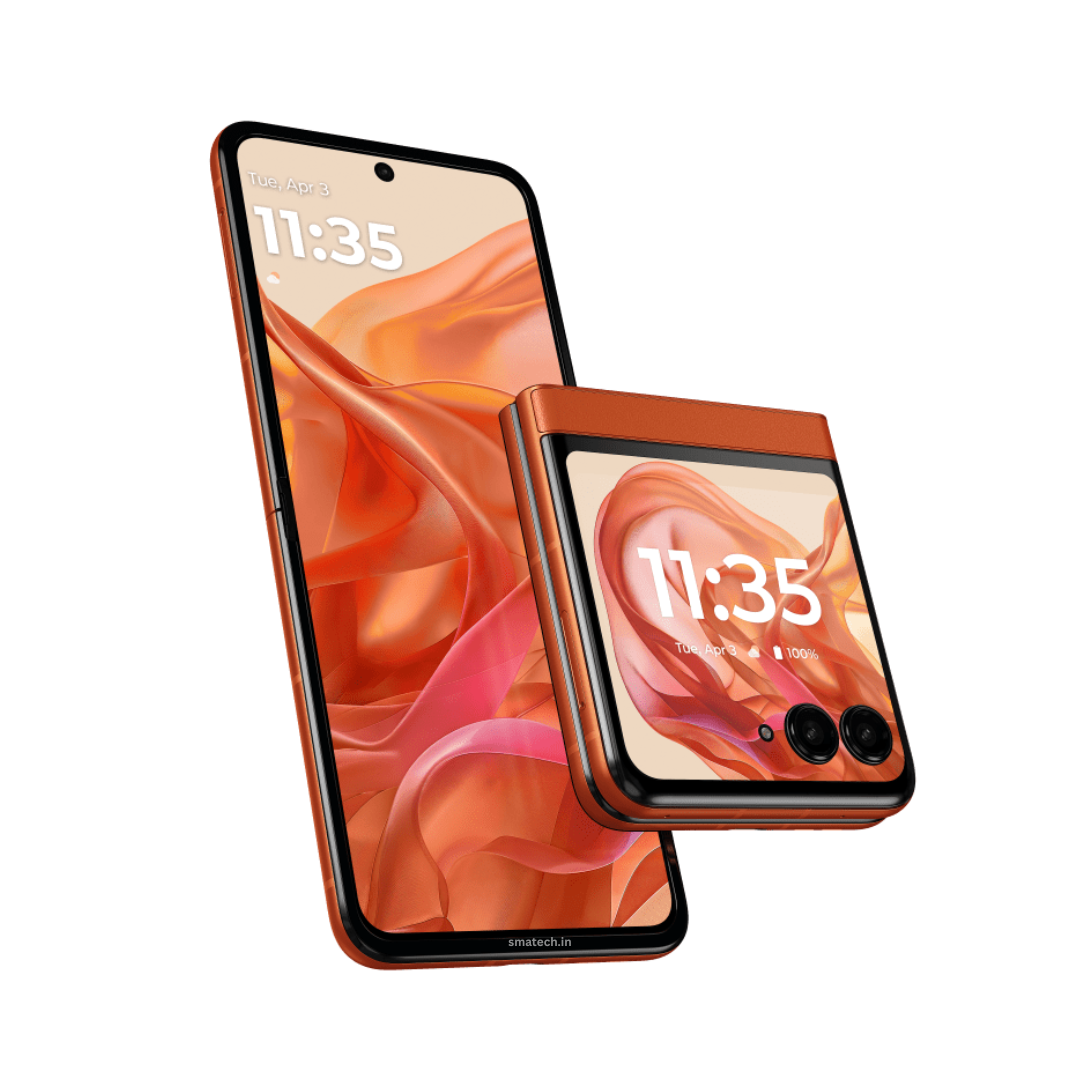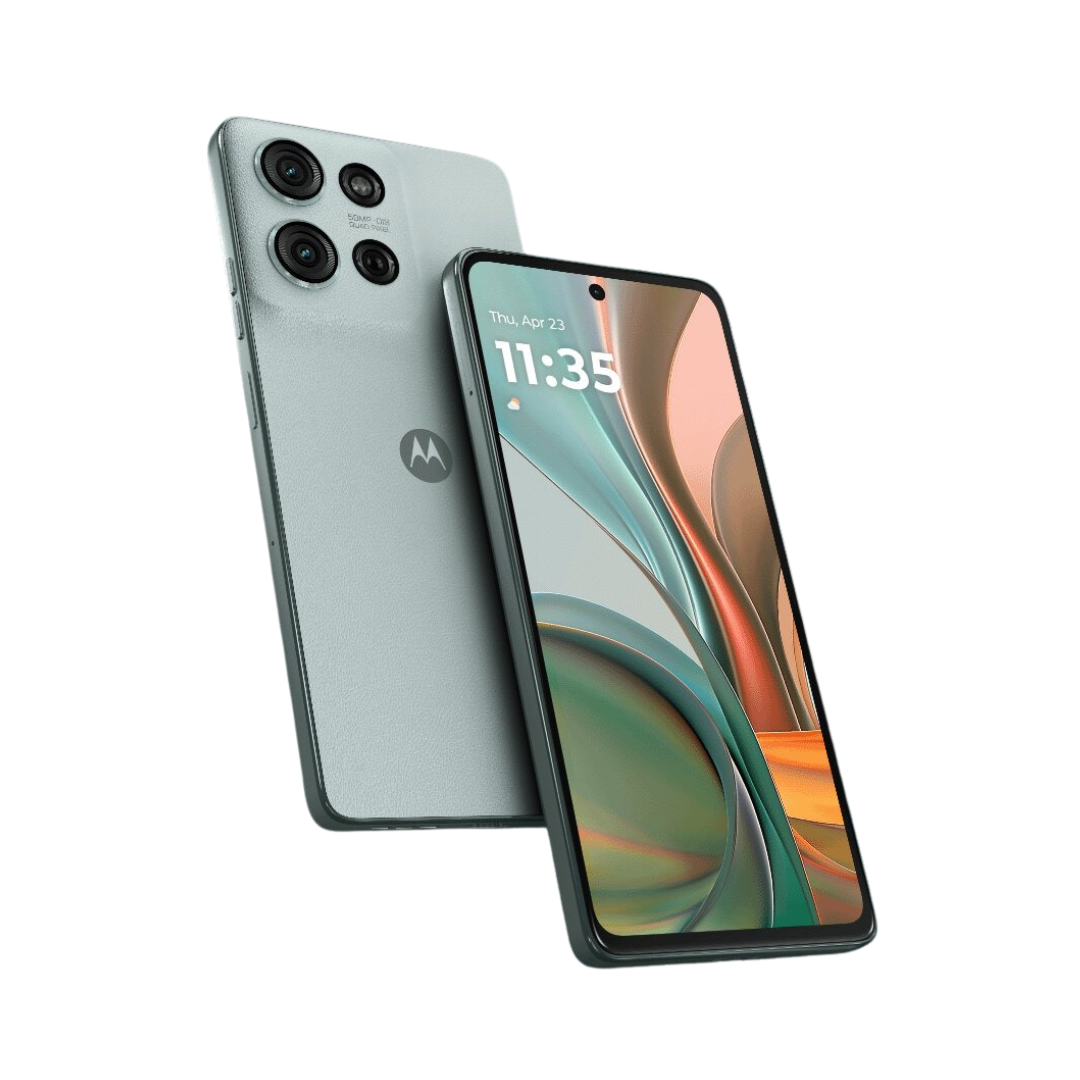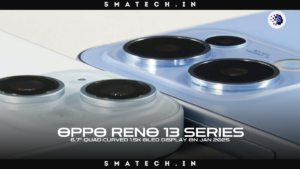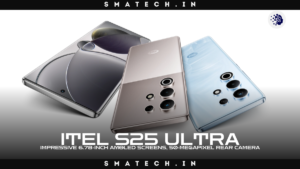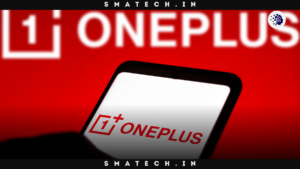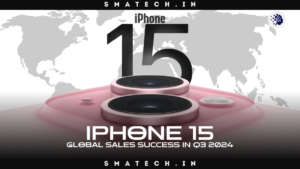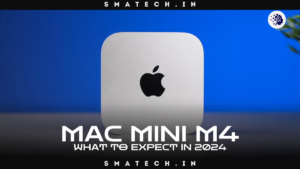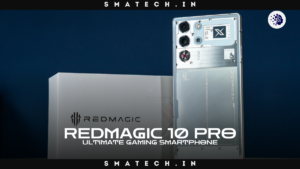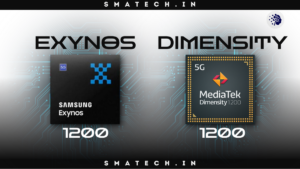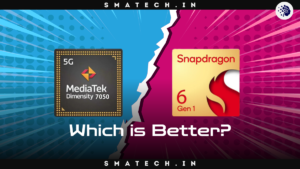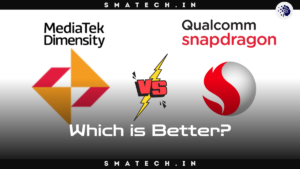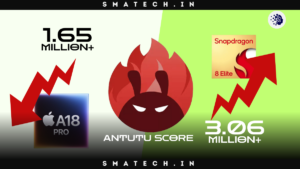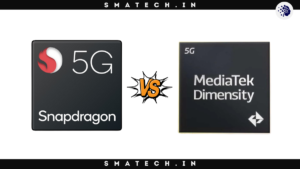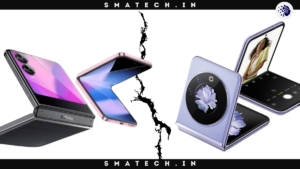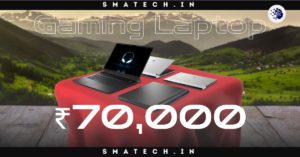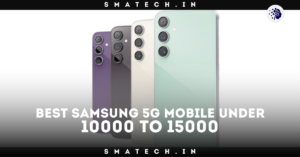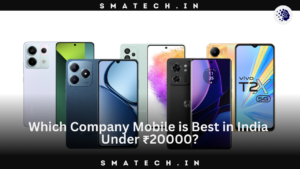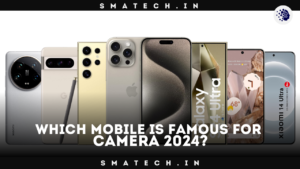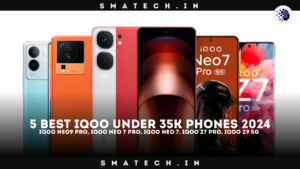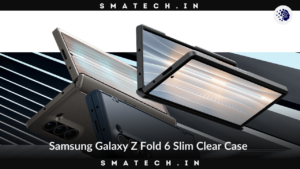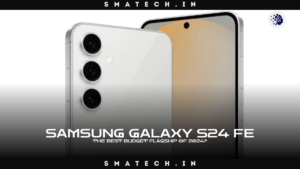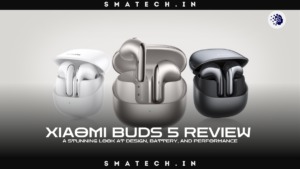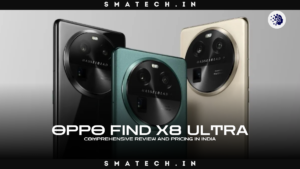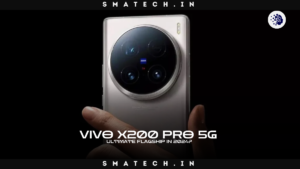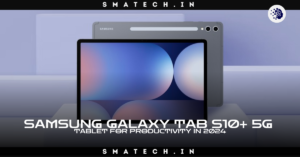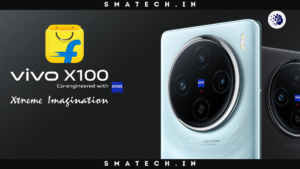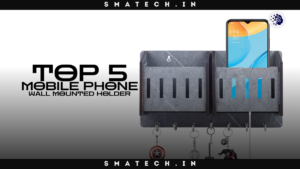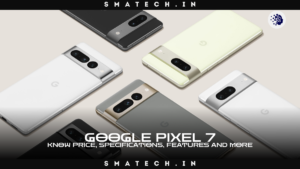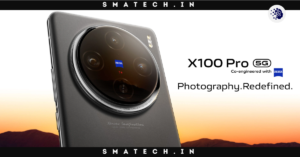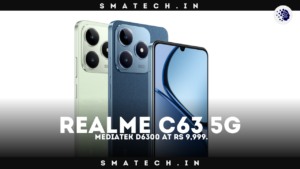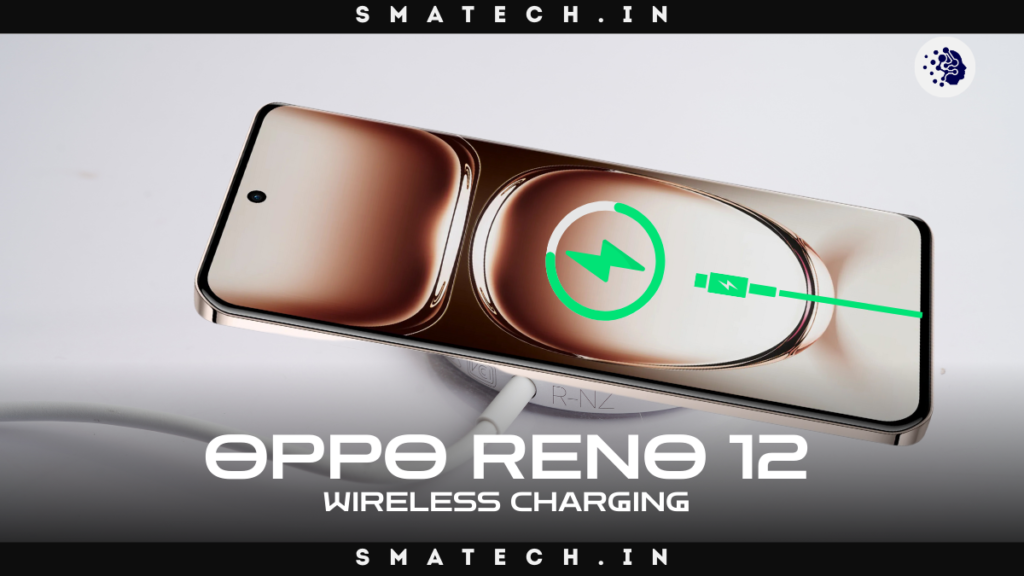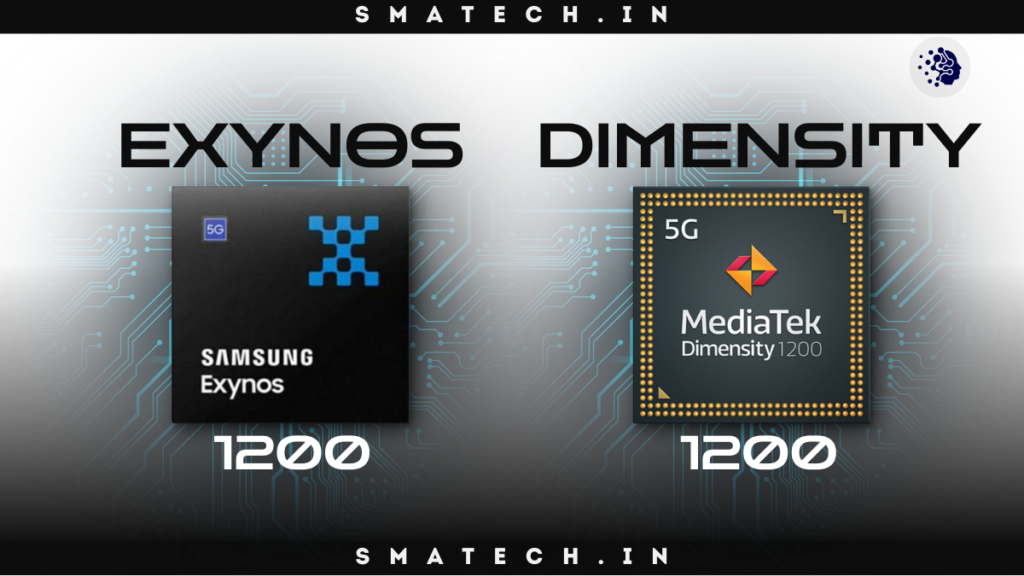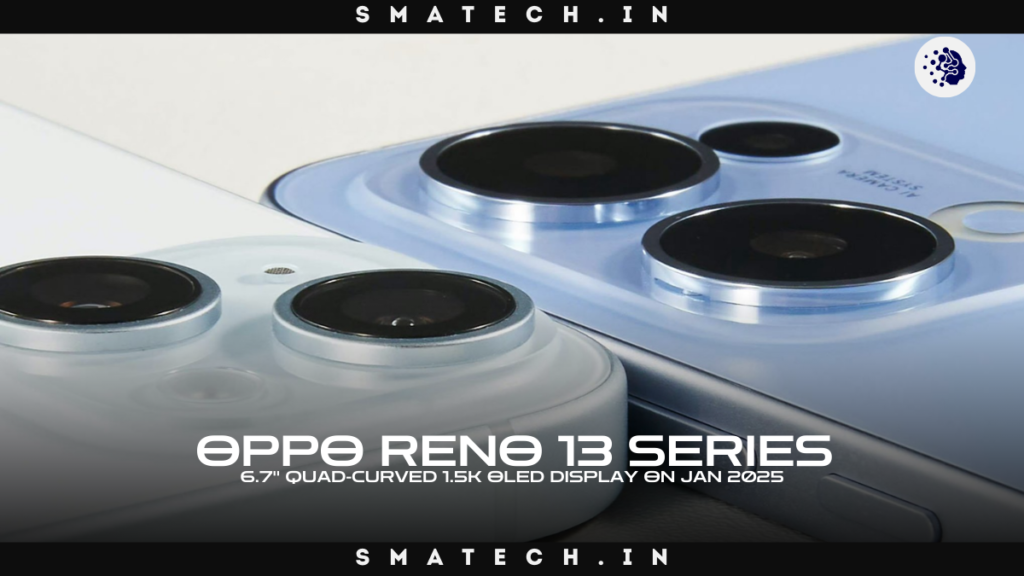Dimensity 7050 vs Snapdragon 6 Gen 1 Which is Better
In the ever-evolving world of mobile technology, choosing the right chipset can significantly impact your smartphone experience. Today, we delve into a comprehensive comparison between two prominent processors: the Qualcomm Snapdragon 6 Gen 1 and the MediaTek Dimensity 7050, exploring ” Dimensity 7050 vs Snapdragon 6 Gen 1 Which is Better” By examining their specifications, performance benchmarks, gaming capabilities, and more, we aim to determine which chipset reigns supreme.
Overview of the Chipsets
MediaTek Dimensity 7050
The Dimensity 7050 is constructed on a 5nm process technology, designed to offer a balance of performance and efficiency. This chipset boasts robust features aimed at delivering smooth user experiences, especially in gaming and multitasking scenarios.
Qualcomm Snapdragon 6 Gen 1
Conversely, the Snapdragon 6 Gen 1 utilizes a 4nm process, enhancing its power efficiency. Known for its superior gaming performance and AI capabilities, this chipset is well-suited for high-demand applications.
Key Specifications
| Specification | MediaTek Dimensity 7050 | Qualcomm Snapdragon 6 Gen 1 |
|---|---|---|
| Process Technology | 5nm TSMC | 4nm Samsung |
| CPU | 2x Cortex-A78 @ 2.8GHz – 6x Cortex-A55 @ 2.0GHz | 4x Kryo Gold @ 2.2GHz – 4x Kryo Silver @ 1.8GHz |
| GPU | Arm Mali-G68 MC4 | Adreno 710 |
| Max Display Resolution | FHD+ (1080p) @ 144Hz | FHD+ (1080p) @ 120Hz |
| Max Memory Support | Up to 16 GB LPDDR4x | Up to 12 GB LPDDR5 |
| Image Signal Processor (ISP) | Supports up to 200MP single camera or dual 26MP + 16MP | Spectra Triple 14-bit ISP, supports up to 108MP |
| Video Features | 4K video recording @ 30fps | 4K video recording @ 30fps |
Comparison Highlights
- The Dimensity 7050 supports up to 16 GB of RAM, making it an attractive option for users requiring extensive multitasking capabilities.
- With a 144Hz refresh rate, the Dimensity 7050 offers a smoother visual experience compared to Snapdragon’s 120Hz.
Related Post
Performance Benchmarks
Synthetic Benchmarks
Benchmarking is essential to understanding how these chipsets perform under various conditions. Here’s a look at their Geekbench 5 and AnTuTu scores:
| Benchmark | Chipset | Single-Core Score | Multi-Core Score |
|---|---|---|---|
| Geekbench 5 | Dimensity 7050 | Around 800-950 | Around 2300-2500 |
| Snapdragon 6 Gen 1 | Around 900-1000 | Around 2800-3000 | |
| AnTuTu v9 | Dimensity 7050 | N/A | Around 350,000 – 400,000 |
| Snapdragon 6 Gen 1 | N/A | Around 400,000 – 450,000 |
These numbers indicate a slight advantage for the Snapdragon 6 Gen 1 in multi-core performance, suggesting it might handle demanding applications slightly better.
Real-World Performance and User Experience
While synthetic benchmarks provide useful data, they don’t always reflect real-world performance. Users have reported that both chipsets offer smooth experiences for everyday tasks and moderate gaming. However, the Snapdragon 6 Gen 1 may have a slight edge in graphics-intensive gaming, thanks to its Adreno 710 GPU.
Gaming Performance
Both processors handle gaming well, but the Snapdragon 6 Gen 1 generally excels in demanding titles due to its superior GPU and optimization for mobile gaming. On the other hand, the Dimensity 7050 supports a higher refresh rate, making it appealing for those who prioritize a fluid display in games.
Battery Life Comparison
Power efficiency is critical in mobile technology. The Snapdragon 6 Gen 1, built on a 4nm process, tends to offer better battery optimization, while the Dimensity 7050, though built on a larger 5nm process, still performs admirably in power management.
Camera Performance and Multimedia Support
Camera Capabilities
When it comes to photography, the Dimensity 7050 supports a higher maximum camera resolution (up to 200MP) compared to Snapdragon’s 108MP. This could be a deciding factor for users who prioritize mobile photography.
Multimedia Support
Both chipsets support 4K video recording, but Snapdragon’s more advanced ISP may provide better image processing, resulting in enhanced photo and video quality.
5G Connectivity and Future-Proof Technology
Both chipsets support 5G connectivity, which is essential for future-proofing your device. However, the Snapdragon 6 Gen 1 may offer slightly better modem technology, potentially resulting in improved speeds and stability in varying network conditions.
Heat Management and Efficiency Ratings
Heat management is a critical aspect of chipset performance. The Snapdragon 6 Gen 1 tends to exhibit better thermal efficiency thanks to its more advanced manufacturing process, which can lead to more consistent performance during prolonged use.
Software Updates and Compatibility
Snapdragon chipsets have a reputation for more frequent software updates and broader app compatibility, ensuring users benefit from the latest features and security enhancements. This can be an essential factor for those who prioritize long-term use. Dimensity 7050 vs Snapdragon 6 Gen 1 Which is Better?
Conclusion: Which Chipset is Better?
In conclusion, the MediaTek Dimensity 7050 and the Qualcomm Snapdragon 6 Gen 1 are both powerful contenders in the mid-range chipset market. The choice between them ultimately depends on your specific needs:
- If you prioritize gaming performance, AI capabilities, and overall user experience, the Snapdragon 6 Gen 1 might be the better choice.
- Conversely, if you require higher RAM support, refresh rates, and superior camera capabilities, the Dimensity 7050 stands out as an excellent option.
Each chipset has its strengths, so your decision should be based on what features matter most for your smartphone usage. As technology advances, both chipsets are likely to adapt and improve, keeping the competition alive. Dimensity 7050 vs Snapdragon 6 Gen 1 Which is Better?
Final Thoughts
Choosing the right chipset can enhance your smartphone experience. Stay informed on the latest trends and technologies to make the best decision for your needs. Whether you opt for the Snapdragon 6 Gen 1 or the Dimensity 7050, both offer impressive features tailored for today’s mobile landscape. Dimensity 7050 vs Snapdragon 6 Gen 1 Which is Better.
FAQs related to the Dimensity 7050 vs Snapdragon 6 Gen 1 Which is Better?
1: What are the main differences between Snapdragon 6 Gen 1 and Dimensity 7050?
The Snapdragon 6 Gen 1 is built on a 4nm process technology, while the Dimensity 7050 uses a 5nm process. The Snapdragon supports up to 12 GB of LPDDR5 RAM, while the Dimensity 7050 supports up to 16 GB of LPDDR4x RAM. Additionally, the Dimensity 7050 offers a higher display refresh rate of 144Hz, compared to Snapdragon’s 120Hz.
2: How do the performance benchmarks compare between the two chipsets?
In benchmark tests, the Snapdragon 6 Gen 1 generally outperforms the Dimensity 7050. For example, in Geekbench 5, the Snapdragon achieves a single-core score of 900-1000, while the Dimensity scores 800-950. In AnTuTu, the Snapdragon scores between 400,000-450,000, while the Dimensity scores around 350,000-400,000.
3: Which chipset is better for gaming performance?
While both chipsets provide decent gaming performance, the Snapdragon 6 Gen 1 has a slight edge in demanding games due to its higher CPU clock speeds and efficient architecture. However, the Dimensity 7050’s 144Hz display support enhances the gaming experience by providing smoother visuals in compatible games.
4: How do the two chipsets perform in terms of battery efficiency?
The Snapdragon 6 Gen 1 is built on a more power-efficient 4nm process, which generally results in better battery life compared to the Dimensity 7050’s 5nm process. However, real-world performance may vary depending on device optimization and usage patterns. Both chipsets are designed to optimize power consumption, especially during heavy tasks.
5: Which chipset offers better camera performance?
The Dimensity 7050 supports up to 200MP for single cameras or dual 26MP + 16MP setups, while the Snapdragon 6 Gen 1 supports up to 108MP. Both chipsets are capable of 4K video recording at 30fps, but the choice may depend on other factors such as the device’s overall camera software and ISP capabilities.

